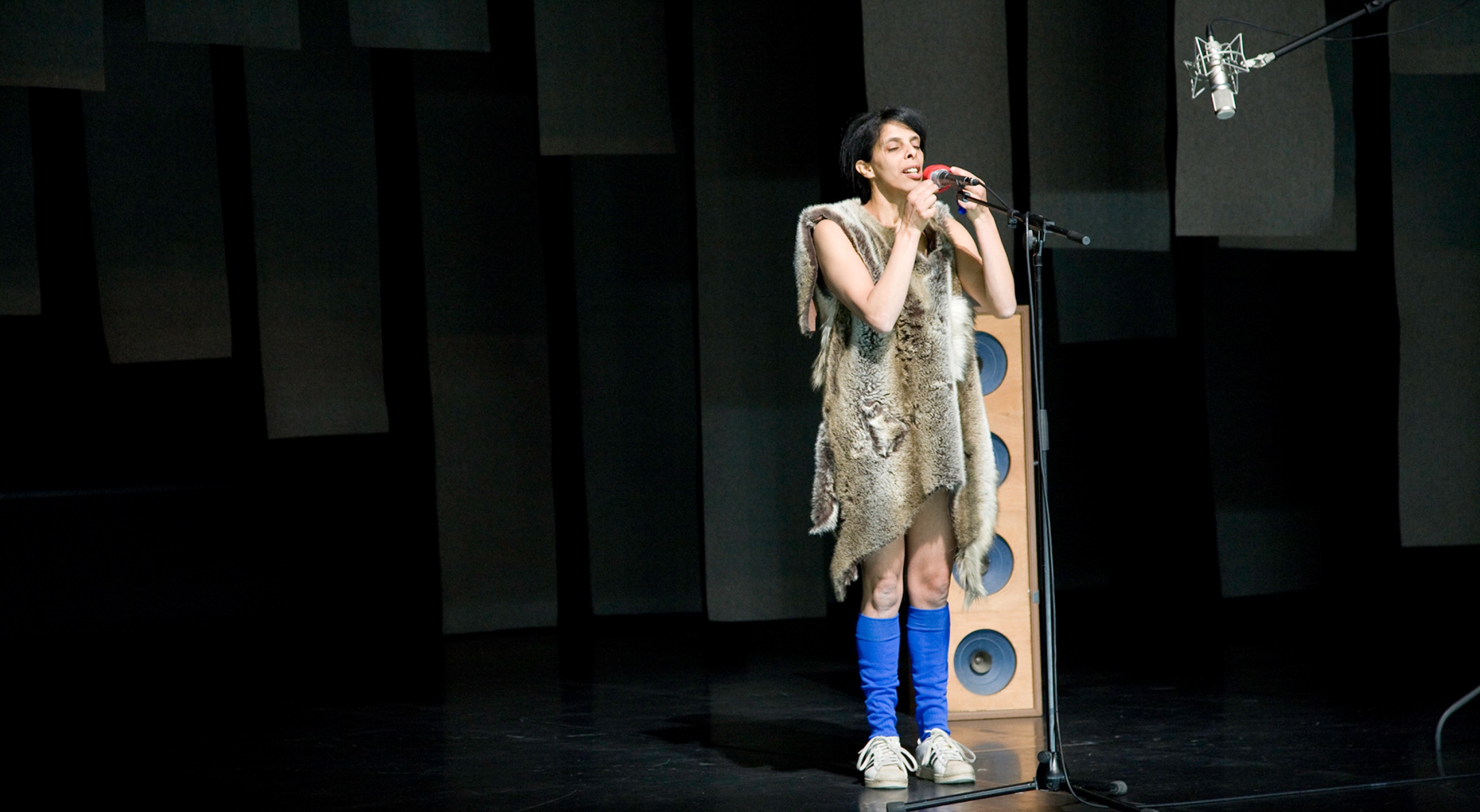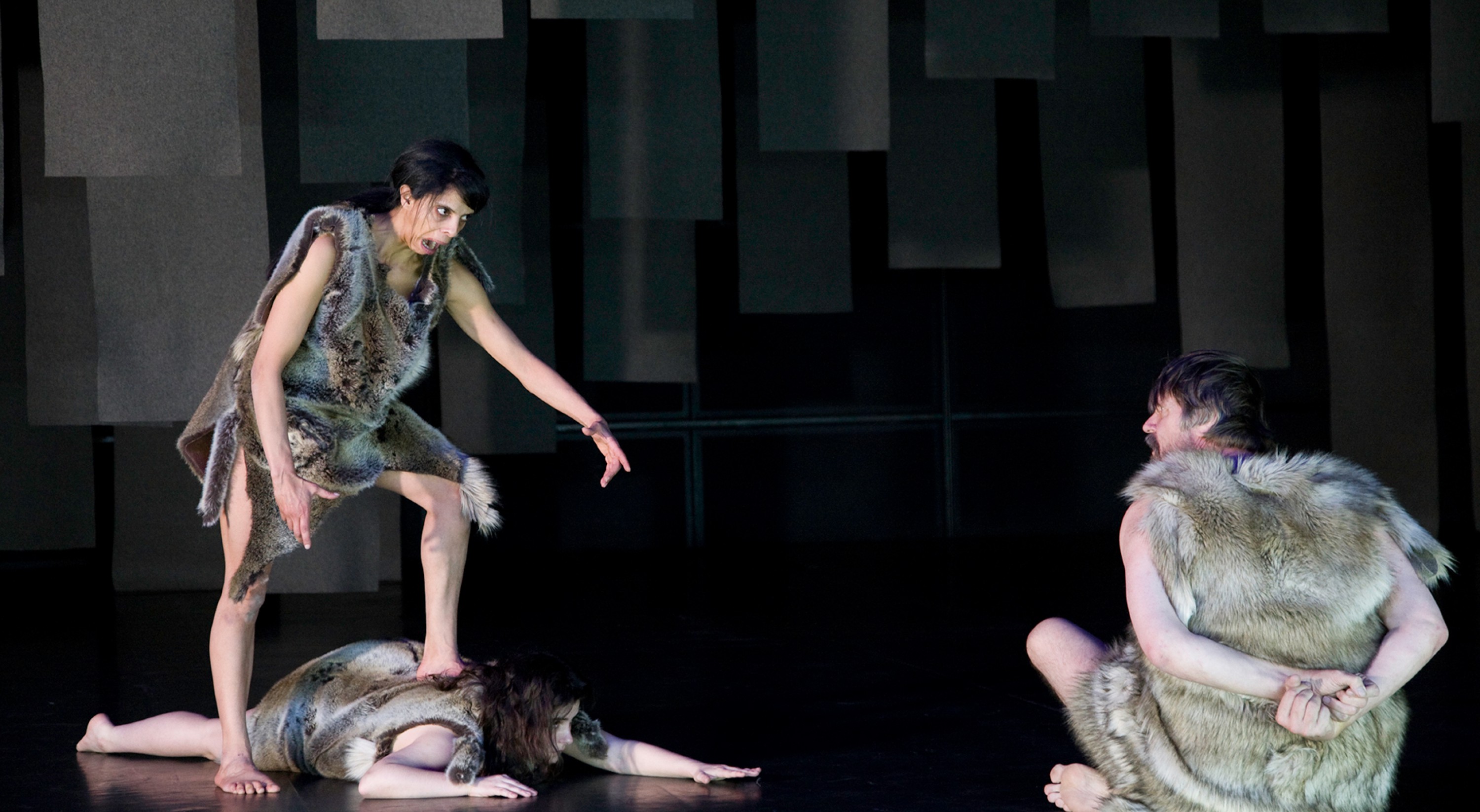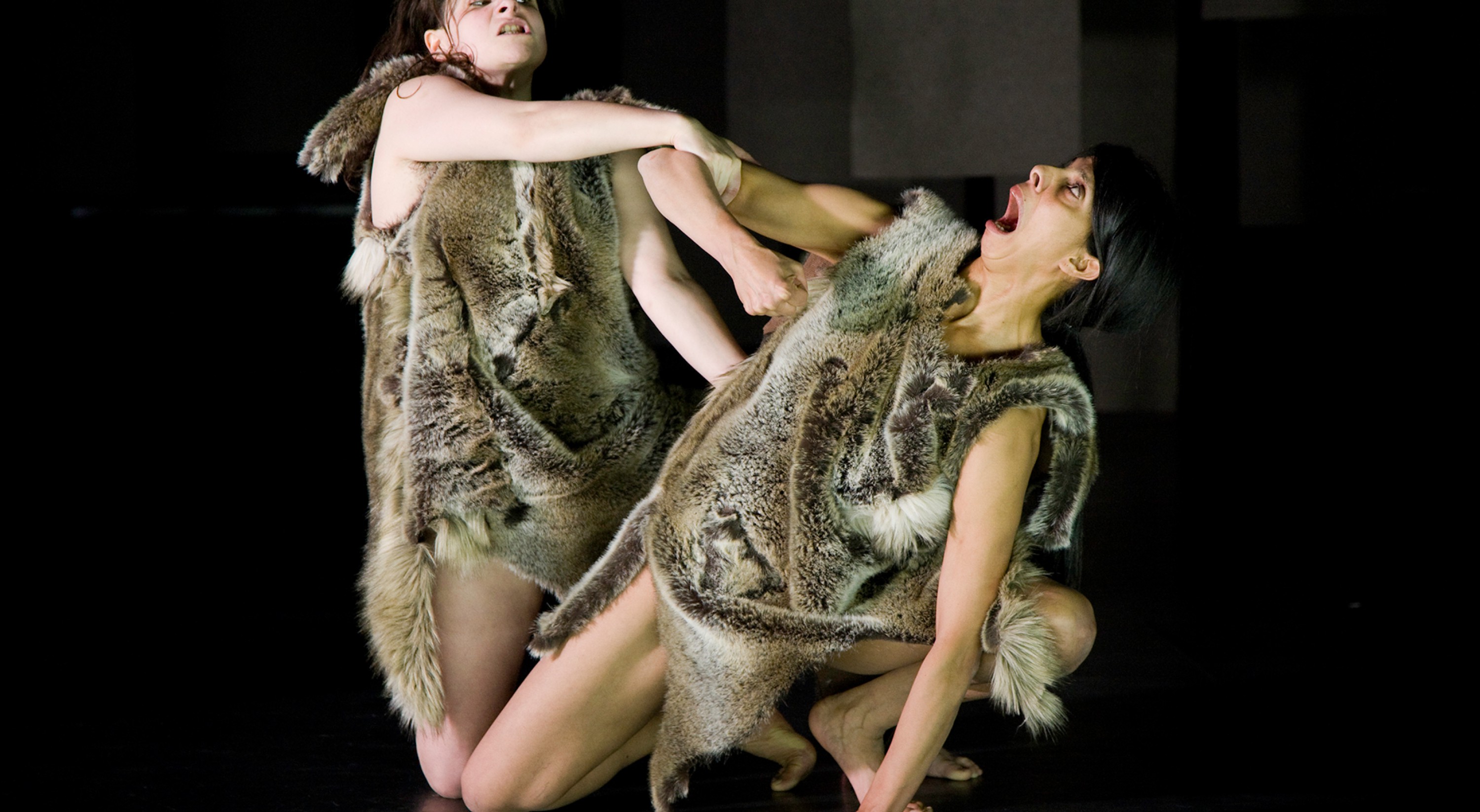Latifa Laâbissi
Latifa Laâbissi
Histoire par celui qui la raconte
decemberdec 10 – 13
Histoire par celui qui la raconte
Created and directed by, Latifa Laâbissi
Performed by, Jessica Batut, Siméon Fouassier, Latifa Laâbissi, Robert Steijn
Scenography, Nadia Lauro
Lighting, Yannick Fouassier
Sound, Olivier Renouf
Voice, Dalila Khatir
Thanks to Isabelle Launay
Production 391.
Co-produced by Les Spectacles vivants-Centre Pompidou ; Centre chorégraphique national de Montpellier Languedoc Roussillon - Programme ReRc le LIFE — Lieu international des Formes Emergentes/Saint-Nazaire ; Festival d’Automne à Paris
This creation got a studio welcome from the Centre national de danse contemporaine - Angers and a residency at the CCN de Franche-Comté à Belfort
With the support of the Menagerie de Verre within the framework of the Studiolabs and Association Beaumarchais – SACD.
Accompanied by the Adami
391 is subsidized by the Ministry of Culture- DRAC Bretagne, as a certified company, the Conseil Régional de Bretagne and the Ville de Rennes
Latifa Laâbissi has become renowned for her daring dance projects, boasting a compelling aesthetic and political sensibility.
Her latest, Histoire par celui qui la raconte (Story by the person telling it), is a chorus piece with an improbable historical-fantastical plot, that is by turns unsettling or hilarious, but always utterly beguiling.



